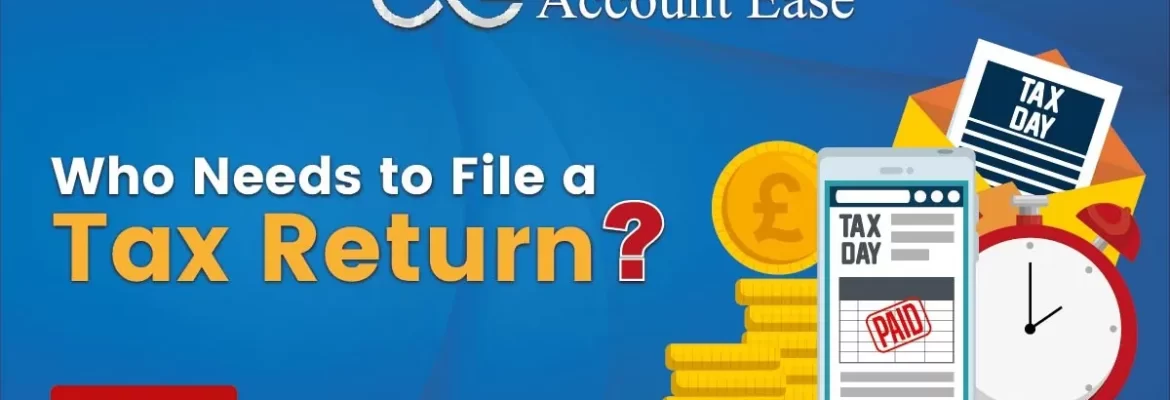If you’re thinking of starting your own sole trader business, it can be daunting to set it up in a way that will deliver the best results to you. However, there are solutions for you that will take a huge amount of workload away from managing finances, paperwork and sole trader bookkeeping associated with running […]










